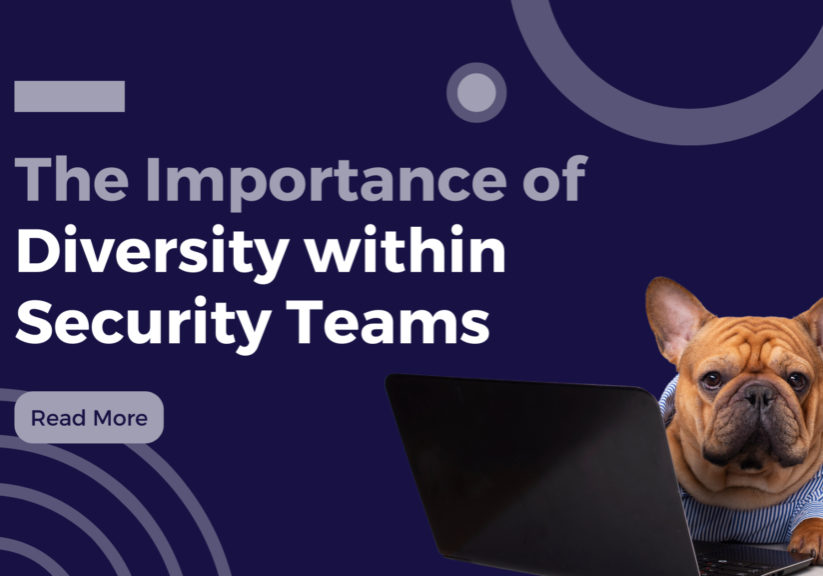As social media has evolved, with the likes of Google Jobs, LinkedIn, Facebook Jobs and many others providing companies with different (and more cost-effective, on the face of it) ways to attract candidates, you might be wondering where we come into the job seeking process. Luckily for us, there are still many compelling reasons that organisations choose to partner with firms like ours. One of the most common reasons, is that they appreciate that a more targeted approach to identifying candidates will work best for them. Whilst there may be a perceived increased cost involved, the significant time saved for both HR and the hiring manager, when netted off against the consistency and calibre of candidates, means that we end up with a simple equation of less time + better quality. Whilst job boards can return some success, you are reliant on your ideal candidate looking for a job, on the job board you’re advertising on, at exactly the same you are looking; pretty long odds.
We give our clients access to the passive market, as it’s not just those replying to job adverts that will be considered.
In addition to having a regular flow of job opportunities in your chosen field, if the recruiter is doing their job correctly, they should also be a source of good background intelligence on the industry, recruitment trends etc. So find one that you like, develop a relationship with them and pick their brains regularly.
Whilst recruiters often have exclusive rights to carry out a specific recruitment project, you will often see companies advertising the same role themselves; so which route should you go down to apply for the role? First of all, it is one or the other. A quick way to upset a recruiter is to go through the process, knowing full well you’ve already applied to the company but thinking to yourself ‘it can’t hurt can it?”. We have even had people that have already interviewed for the role, try to get us to submit them for the role again!
Another advantage of working with a recruiter, is that you’ll often get additional details in addition to the job description, salary/package details and basic interview process information. In a world where you need every advantage possible, this can be invaluable in helping you craft a suitable CV and prepare a great application. Also, if you can get through the recruiter screening process you’re likely to be one of 6-10 qualified candidates submitted, rather than one of the hundreds who have applied directly. Your CV is therefore more likely to be seen by the hiring manager, rather than going to HR alone. We often see good people being screened out of directly advertised application processes at an early stage because those going through the initial applications have limited subject matter knowledge.
Over time you will probably see a wide range of recruitment firms, both big and small, advertising roles in the corporate security, investigative and resilience fields. The reality is that there’s a very small number of specialists in these fields, but others do get involved occasionally often off the back of other roles they’ve worked on for a company. Generally, you are best working with a specialist recruiter, as they are likely to have a broader selection of roles on a regular basis and have the market knowledge to enable them to have a good understanding of where you’ll fit, not just be looking for keywords on your CV. As mentioned, it’s a small pool (outside of thousands of cyber ‘security’ recruiters!) and your favourite search engine can probably point you in the right direction!
We would love to place everyone we speak to in new roles, but sadly we find that there are always more job-seekers than available roles. There are other recruiters out there (sadly for us!) and it can’t hurt to talk to more than one recruiter, you have to do what’s best for you; hiring companies often have a preferred recruiter, meaning recruiters will have exclusivity on roles, so you don’t want to miss out on opportunities by not talking to the relevant people.
Even if you don’t want to formally send your CV to multiple firms, you can usually see what roles they’re working on via their website, or sign up to a job mailer to be told when they get roles on board.





